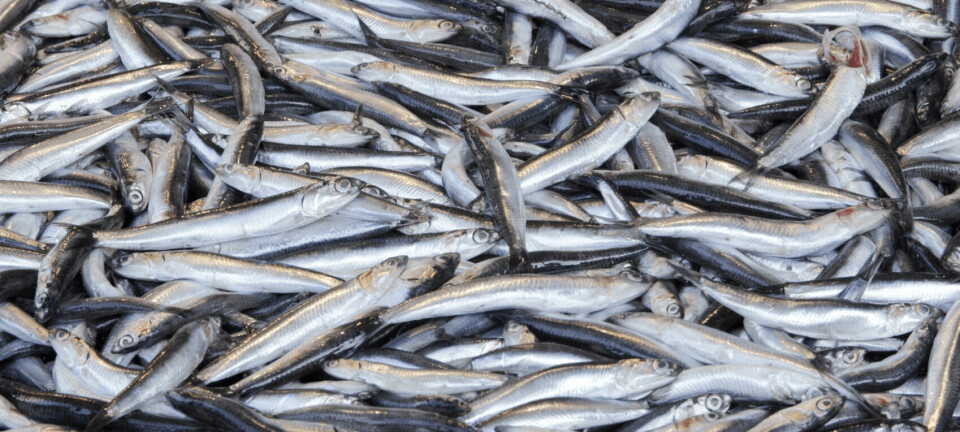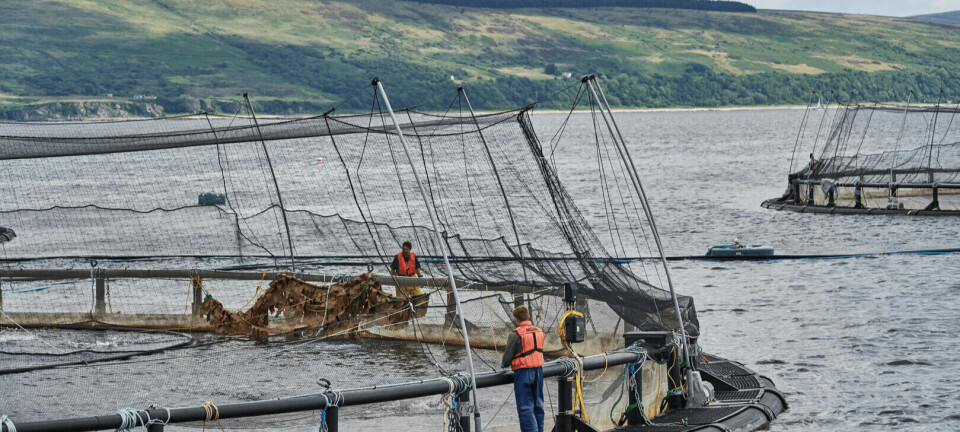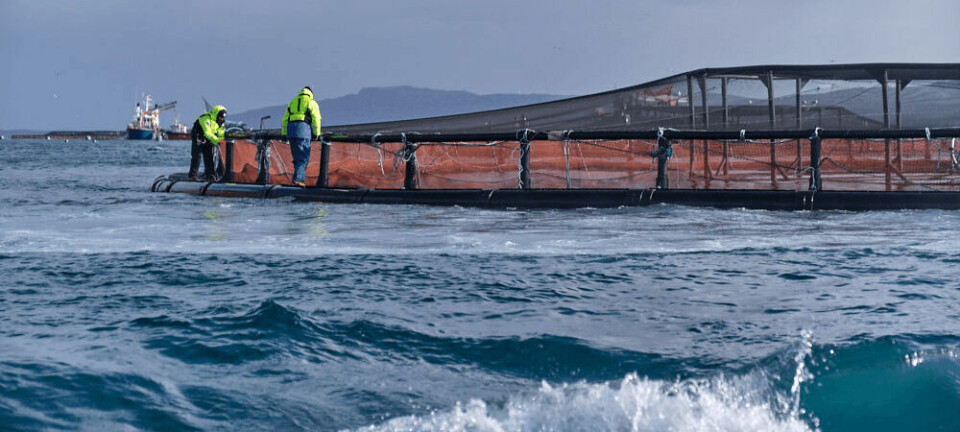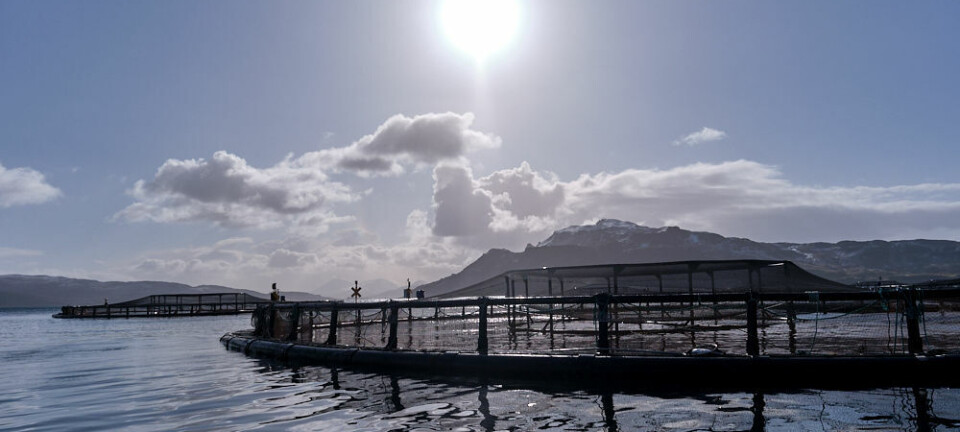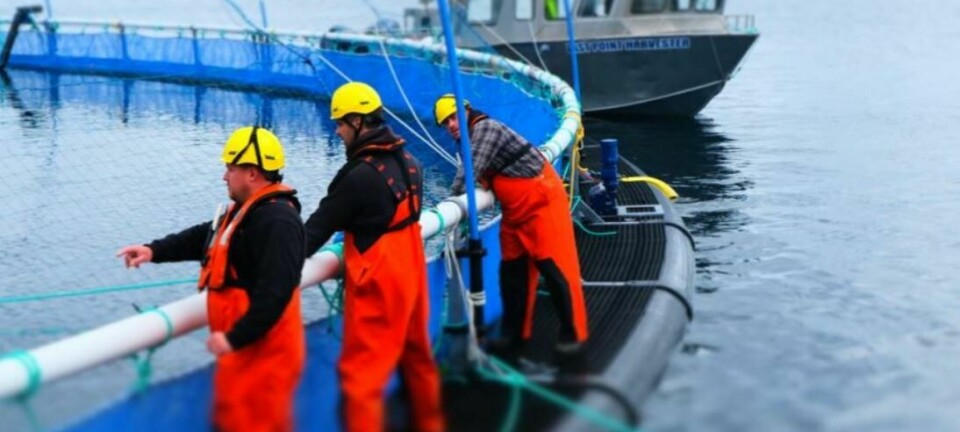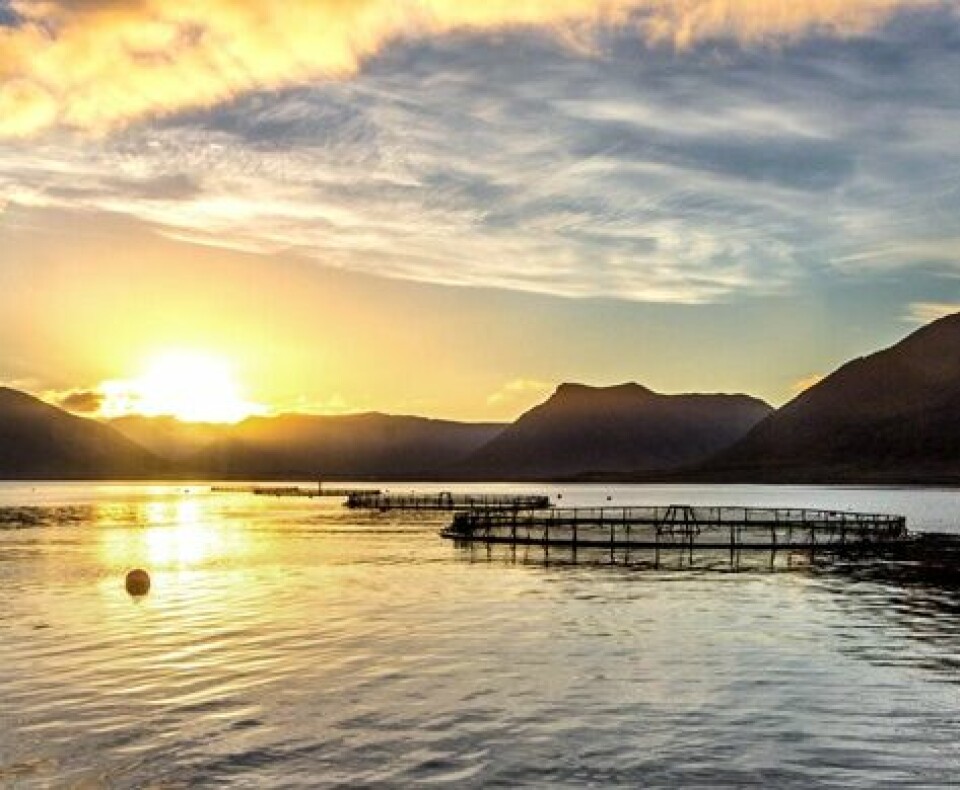
Investment will help switch to salmon
Norway Royal Salmon's decision to acquire 50% of Arctic Fish, in a deal worth €29 million, coincides with the Icelandic firm's decision to switch its focus from trout to salmon production.
Arctic Fish, which was established in 2011, was originally established to produces rainbow trout and Arctic charr in the Westfjords area, and has a total allowed annual production of 9,000 tonnes.
However, the company now plans to concentrate on salmon - releasing their first batch of home-grown smolts into a sea site this summer - and they plan to consolidate this goal with the construction of a new RAS hatchery which will be capable of producing 7 million smolts a year.
"We have since foundation (2011) mainly been involved with rainbow trout and Arctic charr but have moved the focus to salmon with our first smolt release this summer and construction of new RAS hatchery close to our farming areas," CEO Siggi Pétursson tells Fish Farming Expert.
"We are phasing out the trout and our current licenses will be used for salmon," adds CFO Neil Shiran Thorisson, "with smolt output of salmon already started."
There are currently three main salmon producers in Iceland's Westfjords, where the firm is based - the largest has potential to grow 14-15 thousand tonnes in the future, according to Neil, making Arctic Fish the second largest salmon producer, while the third is "projecting a size of 7-10 thousand" tonnes.
It seems like a bit of a boom time in Iceland's nascent salmon industry, although Neil points out that there's a limit to how much it can grow.
"There is a possibility to grow by expanding existing licenses and applying for licenses but options are becoming limited for new licences," he explains.
The main challenges, he adds, "are in terms of infrastructure, logistics and environmental conditions, which are similar to those of North Norway so there will be synergy with NRS operations."
The company has already acheived ASC certification for its trout production and hopes that this can also be achieved for their salmon sites.
"We foresee ASC accreditation for salmon and will be hoping to coordinate this with our current accreditation for trout," says Neil.
In a press release issued this morning the head of NRS explains the rationale behind the move.
"NRS considers Iceland to be an exciting area for additional growth, and will following the transaction, be in a position to take a more active role in the development of the Icelandic salmon farming industry. Through the joint venture, Arctic Fish will be able to capitalize on NRS's extensive knowledge and experience in order to build the leading fish farming company in Iceland," says Charles Høstlund, CEO of NRS.
Through the joint venture, Arctic Fish will be able to leverage NRS' extensive knowledge and experience from farming in Finnmark and employ this knowledge in Iceland. The transaction is considered to be of high strategic value for Arctic Fish, as there are many geographical similarities between the two regions. In addition, the transaction is well within NRS's strategy to develop into a large salmon farming company within the next five years.
"There are synergies to be found in all the steps of mutual operations of NRS and Arctic Fish, from hatchery to sea-farming, production and well developed sales and distribution. We believe that the partnership with NRS will support the future growth of Arctic Fish in an environment that suits well for sustainable and eco-friendly farming methods," Pétursson adds.
The deal will result in a 50/50 joint venture with the existing owners Bremesco Holding Ltd and Novo, who will hold 47.5% and 2.5% of the shares respectively.
Following the transaction, the new board of Arctic Fish will constitute 2 members from NRS and two from Bremesco. In addition, the parties will elect one independent chairman of the board. There will be no changes to the management of Arctic Fish, which currently employs 18 people.












